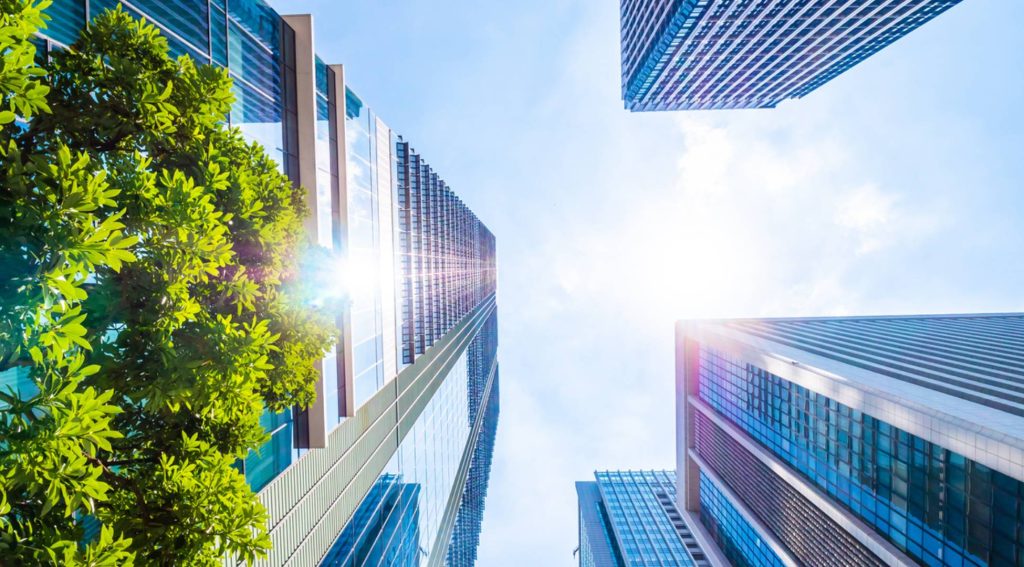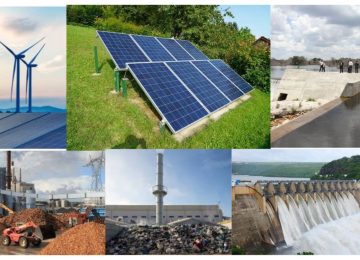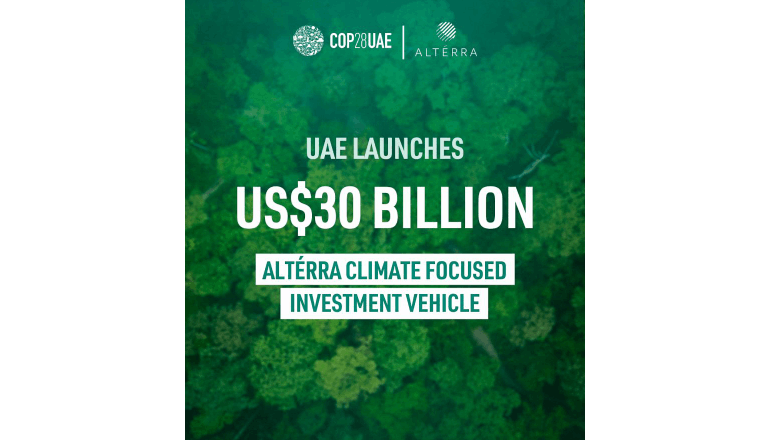India’s unprecedented urban growth presents a “once-in-a-generation opportunity” to steer its rapidly expanding building sector towards a low-carbon, climate-resilient future.
A new report, “Build Right the First Time: Scaling Adoption of Net-Zero Carbon Buildings in India,” released by the National Institute of Urban Affairs (NIUA) and RMI, outlines a data-driven roadmap with the potential to eliminate up to 8 gigatons (Gt) of operational and embodied carbon emissions by 2050—nearly triple India’s current annual emissions.
With India projected to more than double its floor area by 2050 and its urban population expected to reach 843 million, the building sector is a critical frontier for the nation’s ambitious climate goals, including a 45% reduction in carbon intensity by 2030 and achieving net-zero by 2070.
The report highlights that building construction currently accounts for a third of India’s energy consumption, with an additional 10% attributed to material manufacturing and construction activities.
“India’s current urban trajectory and economic growth present a once-in-a-generation opportunity to shape a low-carbon and heat-resilient future,” said Dr. Debolina Kundu, Director, National Institute of Urban Affairs (NIUA), at the report’s launch during the “Heat Resilient and Low Carbon Housing in India” convening in New Delhi.
The report builds upon previous foundational work, offering a standardized definition of net-zero carbon buildings specifically for the Indian context.
It proposes five high-impact decarbonization measures designed to mainstream net-zero carbon buildings, with a strong focus on reducing emissions from space cooling and decreasing embodied carbon from steel and cement use.
Akshima Ghate, Managing Director, RMI India, said, “India stands at a pivotal juncture in its development journey… ‘Build Right the First Time’ offers a data-driven blueprint to guide strategic, scalable interventions across the building construction value chain.”
Key recommendations within the report include
• A standardized definition of “net-zero carbon building” for India.
• In-depth analysis of five high-impact decarbonization measures, quantifying their potential for CO₂ emissions and energy reduction, as well as associated costs.
• A behavior change framework to encourage adoption among policymakers, real estate developers, and industry professionals.
• Recommendations for national and subnational policy interventions to facilitate implementation.
By prioritizing a “build right the first time” approach, India aims to strategically align its infrastructural expansion with its climate commitments, ensuring that the rapid growth in its built environment actively contributes to, rather than hinders, its decarbonization targets.
This comprehensive roadmap underscores the critical role of green construction and sustainable urban development in achieving India’s ambitious climate future.











